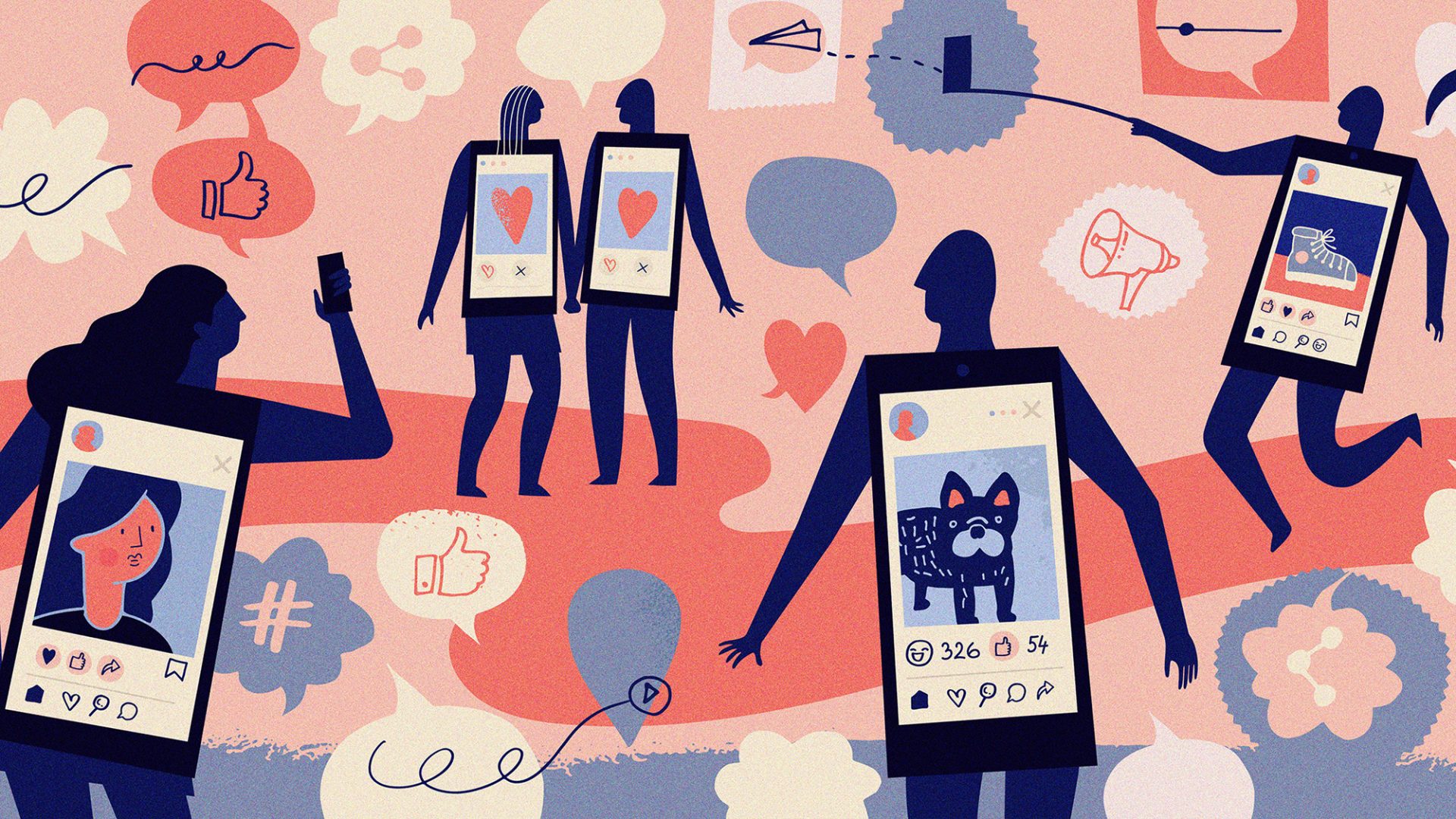Do you get irritated by how young people speak? Or are you like, chill? It’s tempting to suppose this is just a generational thing: boomers, millennials and Gen Z all have a different lexicon, the annoyance of older people at the linguistic novelties of the young mirrored in the embarrassment of the kids when their parents try to use them to look cool. (Is cool still a thing?)
But while teenage slang is typically ephemeral and inaccessible to older generations – that’s surely the whole point – there are deeper forms of linguistic change that gradually alter the vocabulary of the entire culture. Before the mid-20th century, you’d not typically have considered that you are currently reading an article: that word was more rarely used to refer to a news or media publication, being largely restricted to physical objects: “How many articles of groceries did you buy?”
How do these semantic changes take place? Do they arise first among younger generations while the elders cling to the traditional usage? Some linguists have suggested that indeed language change is generational, but others have argued that it is adopted by more or less everyone at once: what has been called a Zeitgeist change.
To try to resolve the issue, a team of researchers based mostly at McGill University in Montreal has studied changes in the meanings of more than 100 words in 7.9 million political speeches delivered to both the house and senate of the US congress between 1873 and 2010, looking for relationships between such changes and the ages of the speakers.
An advantage of this data set is that it can reveal changes in language use by individuals over their lifetimes, rather than comparing old and young at a snapshot in time. The ages of the speakers range from 25 – the sprightly Clarence McLeod, elected in 1920 – to 100, represented by Strom Thurmond, who continued to serve in the senate until shortly before his death in 2003. (Deeply conservative and opposed to the civil rights movement, he’d not feel out of place today).
Some of the changes of meaning might surprise us. “Alienation”, for example, tended to refer to possession, use or sale at the start of the century: in 1907 a speaker mentioned the “alienation of land by the Indians [sic]”. “Monitor” was, in the early part of the century, more likely to refer to an ironclad warship; it became a popular name for periodicals (The Daily Monitor) in mid-century, and only predominantly took on the verb sense of “observe” later – leading then to the noun form as a computer screen.
Other changes might be easier to anticipate: a coach was likely to mean some kind of carriage in the first part of the century, and only later might refer to a sports trainer.
Suggested Reading


In physics, sometime it is the size that matters
The team finds that older speakers do tend to retain older senses of a word somewhat more than do younger people, but not permanently: they are just a bit slower to change. Old dogs can, after all, learn new tricks.
What the data can’t show, but what I’d really like to know, is how that change occurs for individuals. Do they, like me, resign themselves rather grumpily to having to use a word in a new way, or do they simply take on the new meaning without really noticing?
One example shows Alben Barkley, Harry Truman’s vice-president between 1949 and 1953, rather abruptly switching from using “outstanding” to mean “continuing to exist” into the late 1930s to meaning mostly “excellent” thereafter.
Was that a conscious decision? I was reminded that we still retain both uses, and the consequent ambiguity, when a few weeks ago my daughter’s homework was said by her teacher to be outstanding, which proved to be sadly in the older sense.
It would be nice too to know what drives semantic change. It’s unlikely that there is a single answer. Sometimes a word seems to get pulled towards what it “wants” to mean: fulsome does after all sound like it should mean “abundant”, not insincere (and indeed once it did, as it seems to again now), and “deconstruction” was never going to retain Derrida’s usage, was it?
Sometimes alternative (not alternate!) meanings seem to rise and fall by random drift. Sometimes changes can be driven by other cultural factors: take “cell”, once imprisoning or cloistered but then changed by biological research and now, at least in the US, by phone technology.
Whatever the case, it appears that our vocabulary is entrained with the Zeitgeist, whether we like it or not.
Which seems pretty sick.




